Dubai, a city steeped in innovation, luxury, and ambition, stands as a glaring example of modern urban development. Over the past few decades, it has transformed from a small fishing village into a bustling metropolis, drawing attention from investors and developers worldwide. This remarkable evolution has made it a focal point for real estate opportunities, propelling the city into the realm of global significance. The convergence of multicultural influences, forward-thinking policies, and a strategic geographical position has cemented Dubai’s status as an unparalleled hub for real estate development. To fully appreciate what makes this desert oasis a cornerstone of real estate, one must delve into its unique characteristics and innovative strategies.
At the heart of Dubai’s allure lies its strategic location, nestled at the crossroads of Europe, Asia, and Africa. This geographical advantage has made Dubai an attractive entry point for international business and tourism. Moreover, the connectivity provided by world-class airports and seaports facilitates trade and travel, making it convenient for investors and expatriates. As a result, the influx of residents and tourists has created a surging demand for real estate, propelling prices upward. Furthermore, with its proximity to emerging markets, Dubai is favorably positioned to capitalize on global economic trends and shifts.
Strategic Location
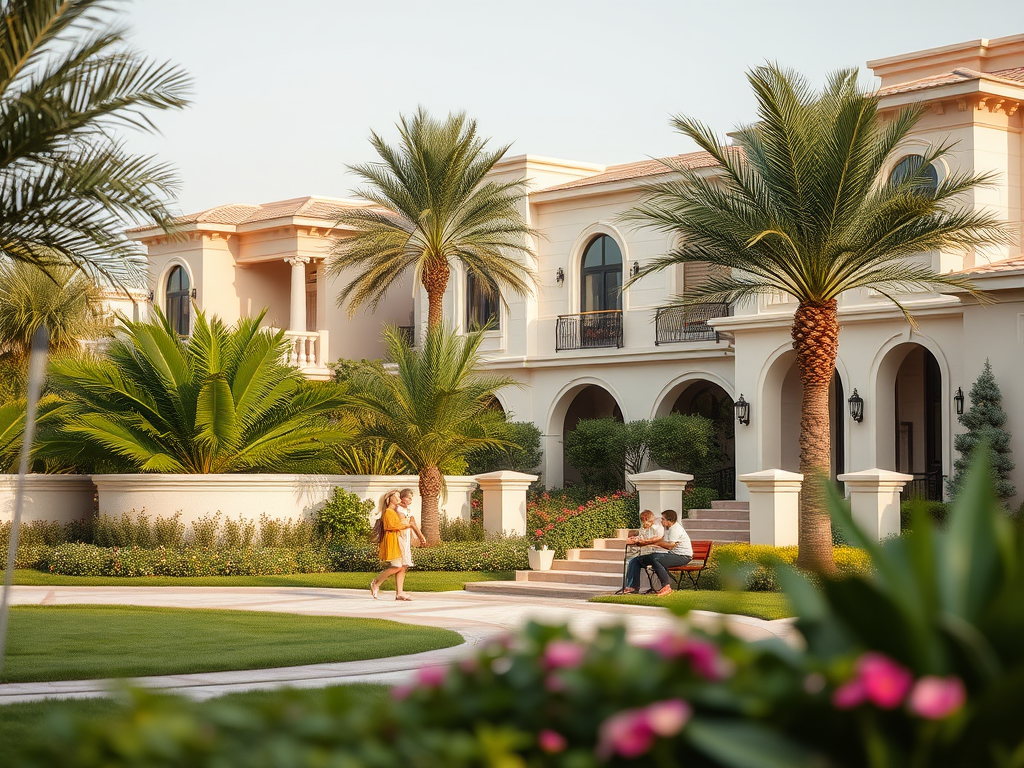
Beyond mere geographical advantages, the city’s well-planned infrastructure enhances its potential as a real estate hub. With connections to several major cities within short flight times, Dubai has become a central location for business meetings, conventions, and tourism. The efficiency of transit options, including the Dubai Metro and numerous well-connected roads, contributes to the seamless movement of people and goods. Strengthening this further are the Dubai International Airport and Jebel Ali Port, which stand among the busiest in the world.
Economic Diversification
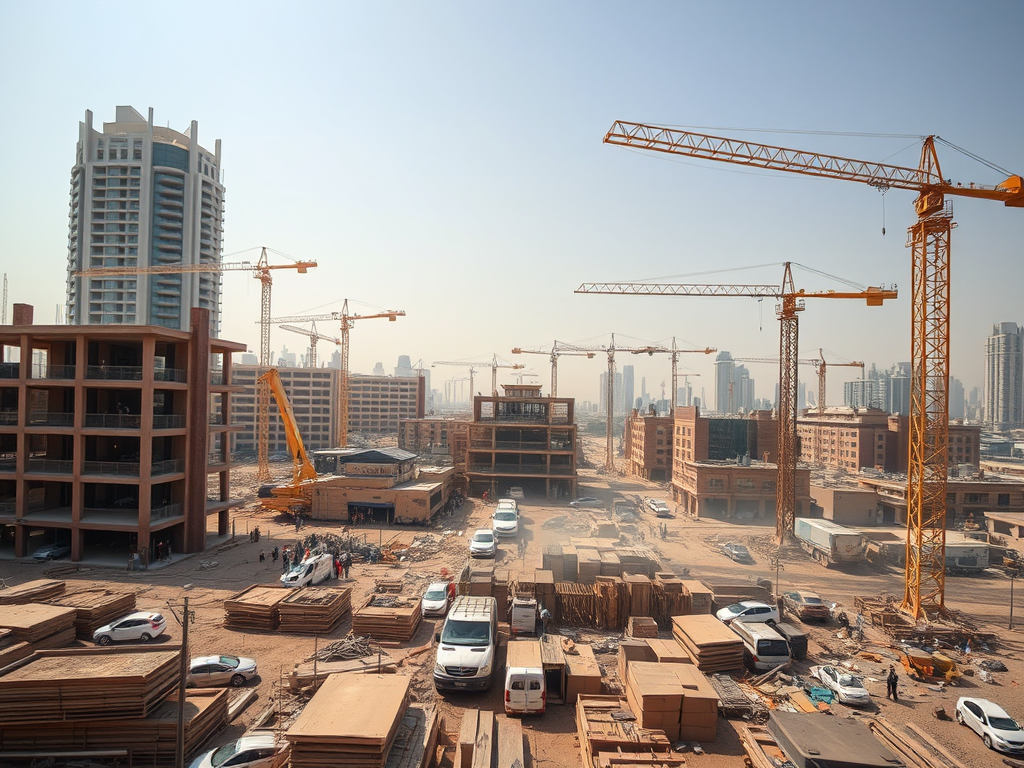
The foundation of Dubai’s booming real estate market is its commitment to economic diversification. Historically reliant on oil, the city has successfully transitioned toward a multifaceted economy, encompassing tourism, finance, technology, and trade. This diversification has bolstered the resilience of Dubai’s economy, providing stability and confidence for real estate investors. Government initiatives aimed at fostering innovation and entrepreneurship have attracted numerous companies, thus driving demand for both residential and commercial properties.
Key industries fueling this growth include:
- Tourism and Hospitality
- Information Technology
- Financial Services
- Logistics and Transportation
Robust Infrastructure
The bedrock of Dubai’s real estate development can be traced back to its robust infrastructure. Over recent years, the city has invested billions into developing modern transportation systems, utilities, and telecommunication networks that elevate the living standard. A noteworthy factor is the planned mega-projects, which not only enhance the aesthetic appeal but also improve functionality across the city. These include ambitious developments such as the Dubai Marina and the Expo 2020 site, which have redefined the urban landscape.
| Project Name | Type | Completion Year |
|---|---|---|
| Burj Khalifa | Residential & Commercial | 2010 |
| Dubai Marina | Residential | 2003 (Ongoing) |
| The Palm Jumeirah | Residential & Tourism | 2007 (Ongoing) |
Attractiveness to Investors
Dubai’s allure as a real estate destination can also be attributed to its investor-friendly policies and regulations. The introduction of tax incentives has removed numerous barriers to property ownership, encouraging a diverse array of international buyers. Additionally, the promotion of freehold property areas allows foreign nationals to invest in Dubai’s real estate without restrictions. The government’s proactive approach creates a favorable climate for investment, ensuring that Dubai remains competitive in the global market.
Digging deeper into the market dynamics reveals trends that shape Dubai’s property landscape. The equilibrium between demand and supply showcases a resilient market, albeit subject to fluctuations. Recent years have seen various trends playing a part in pricing, with luxury developments soaring in popularity. The rental yields are particularly noteworthy, often outperforming other major cities, highlighting Dubai’s growing attractiveness as an investment locale. Additionally, developers are creatively responding to changing market demands, resulting in innovative projects and designs.
Quality of Life and Luxury Living
In addition to its economic advantages, Dubai offers a high quality of life that attracts both residents and investors. World-class amenities, recreational options, and luxurious living environments contribute to an unparalleled lifestyle. The presence of fine dining, shopping experiences, and cultural offerings elevate the city’s appeal, while master-planned communities reinforce its image as a sought-after location. This amalgamation of luxury and comfort has a significant impact on property values, leading to lucrative returns for real estate investors.
Government Initiatives and Vision
Dubai’s real estate success story is reinforced by strategic government initiatives such as Vision 2021 and the Dubai 2040 Urban Master Plan. These projects emphasize sustainability, innovation, and integration while promoting a vibrant lifestyle. The government has taken initiatives to regulate the sector and make it attractive for local and international developers. With a focus on smart city initiatives, these plans aim to create a sustainable urban environment, ultimately enhancing the city’s appeal as a global real estate hub.
Conclusion
In summary, Dubai has positioned itself as a global hub for real estate development through a confluence of strategic location, economic diversification, robust infrastructure, and government support. The city’s multifaceted approach to growth is complemented by an attractive lifestyle, drawing investors from all corners of the globe. As the future unfolds, Dubai’s ongoing commitment to sustainability and innovation will likely add layers to its already rich tapestry of opportunities, ensuring it remains a cornerstone of global real estate investment. Truly, the city is not just a haven for luxury and leisure; it embodies the relentless pursuit of progress and development.
Frequently Asked Questions
- What are the main factors driving real estate growth in Dubai?
Economic diversification, strategic location, robust infrastructure, and investor-friendly regulations. - Is it safe to invest in Dubai’s real estate market?
Yes, Dubai has strong legal protections for property owners and a stable economic environment. - How does Dubai’s infrastructure support real estate development?
Efficient transport links, state-of-the-art utilities, and significant investment in public amenities. - What types of properties are popular in Dubai?
Luxury villas, high-rise apartments, commercial spaces, and mixed-use developments. - What is the government doing to promote sustainability in real estate?
Initiatives include regulations for sustainable building practices and investment in green technologies.
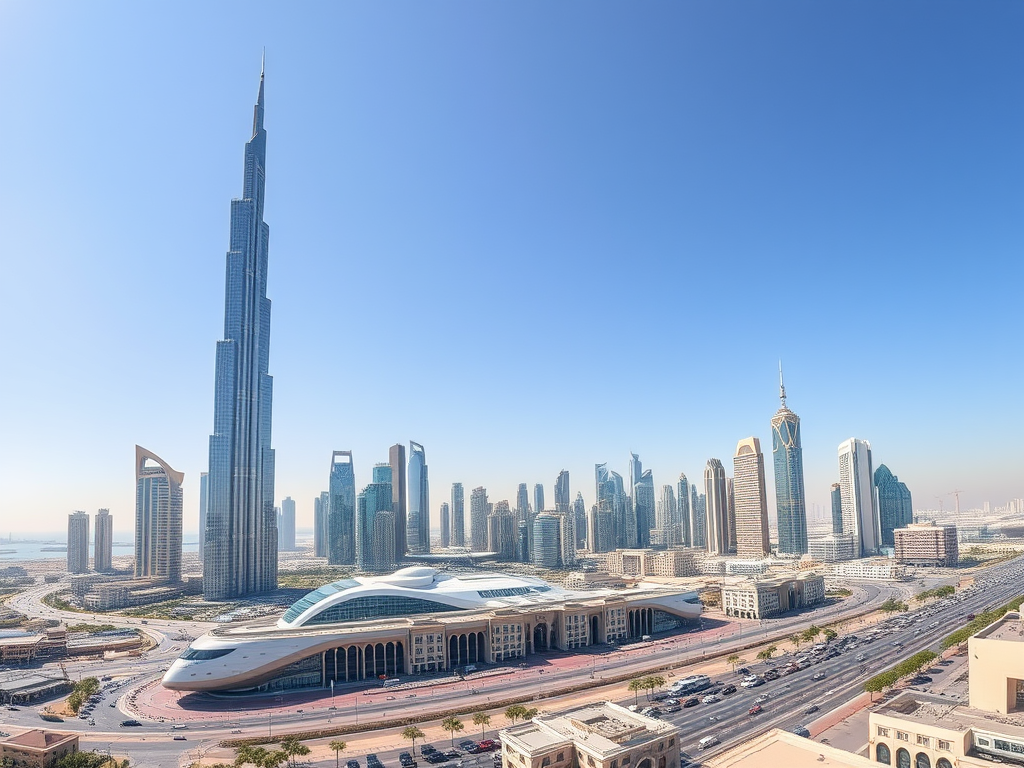
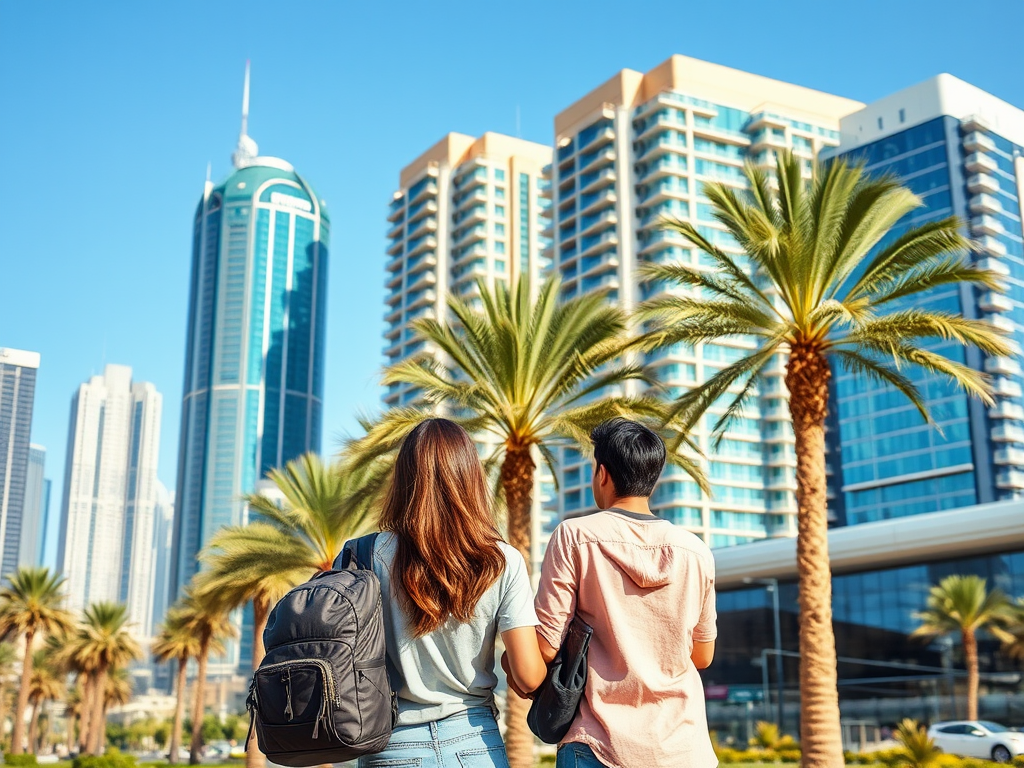
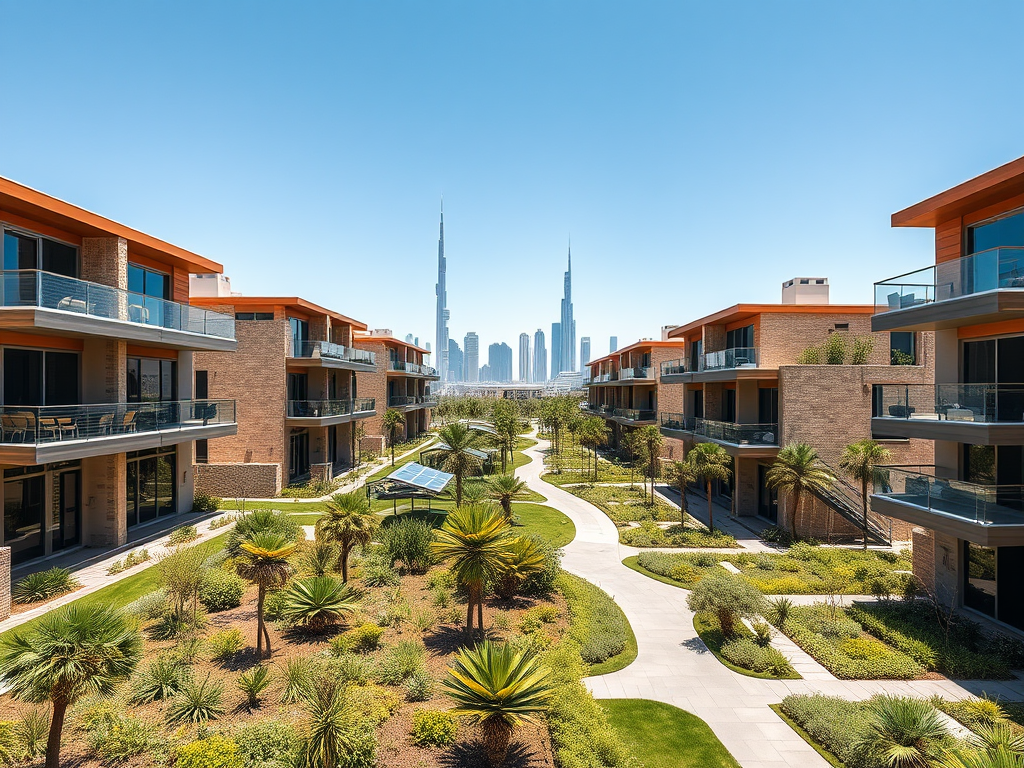
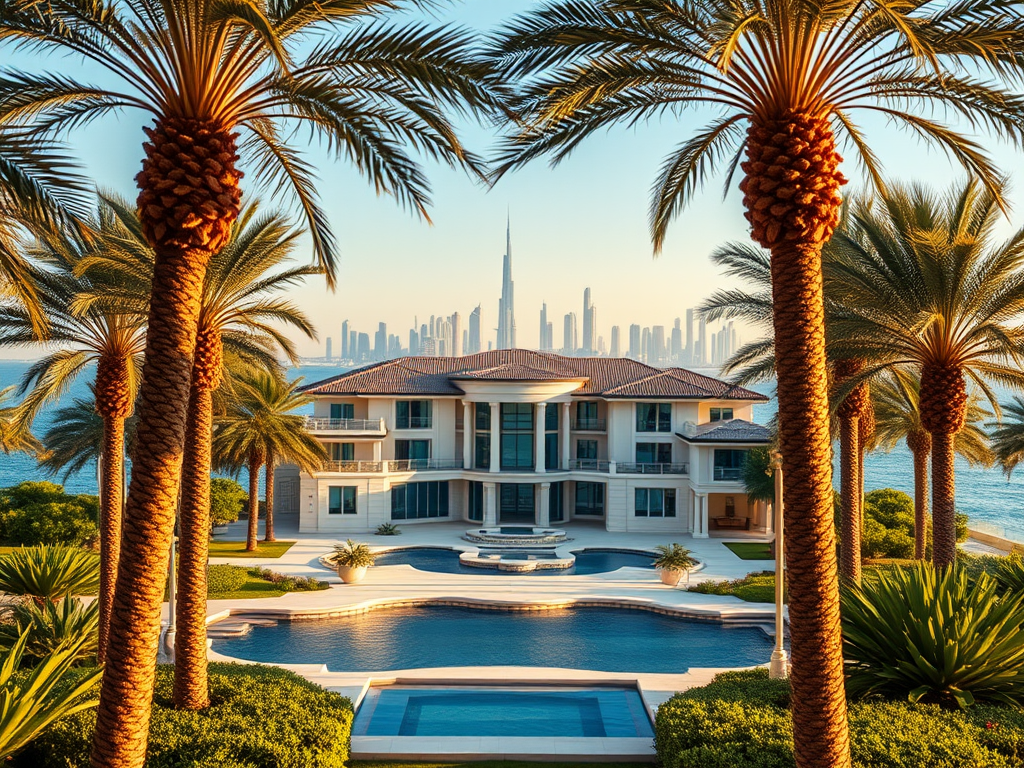
About the author